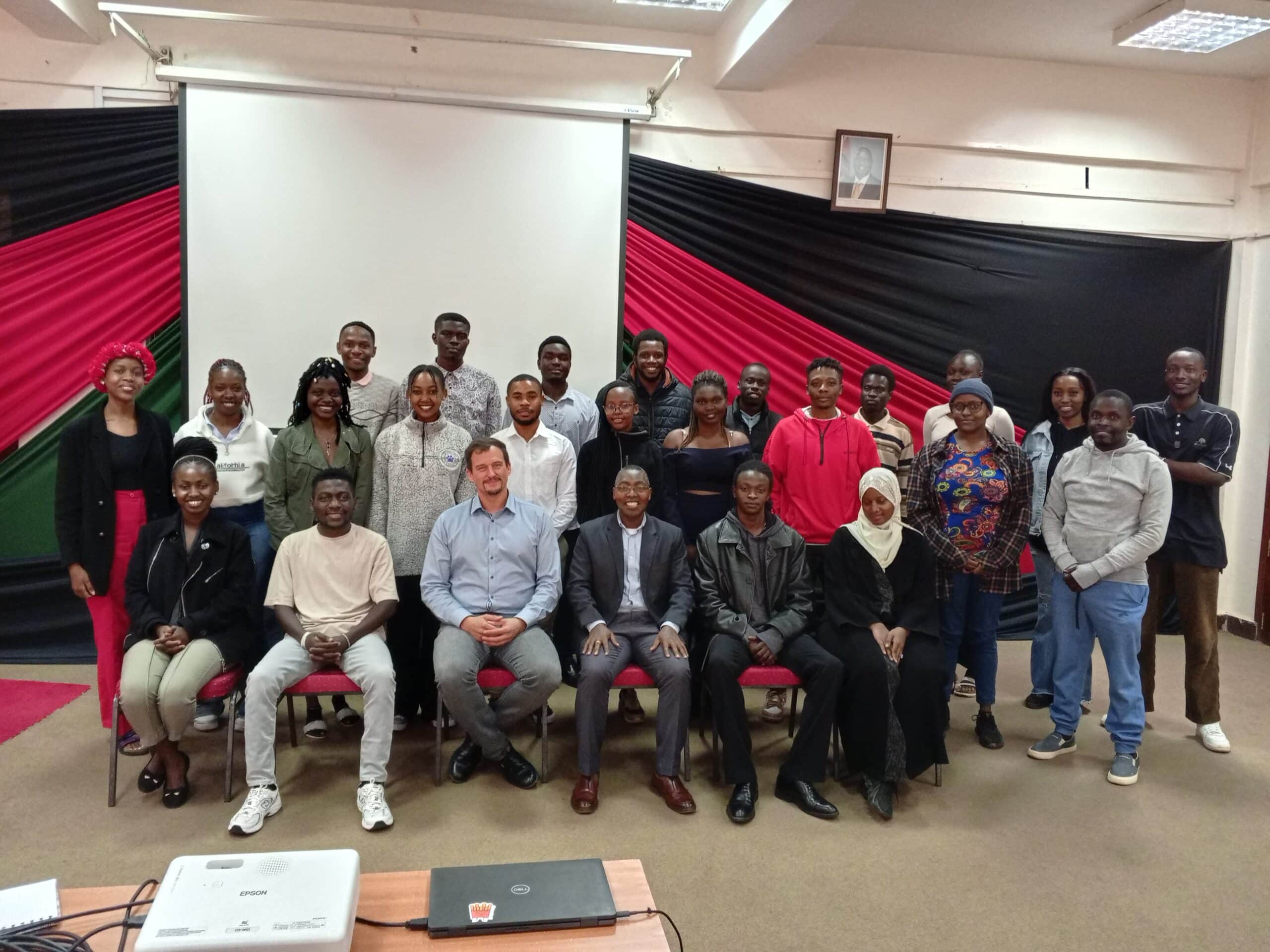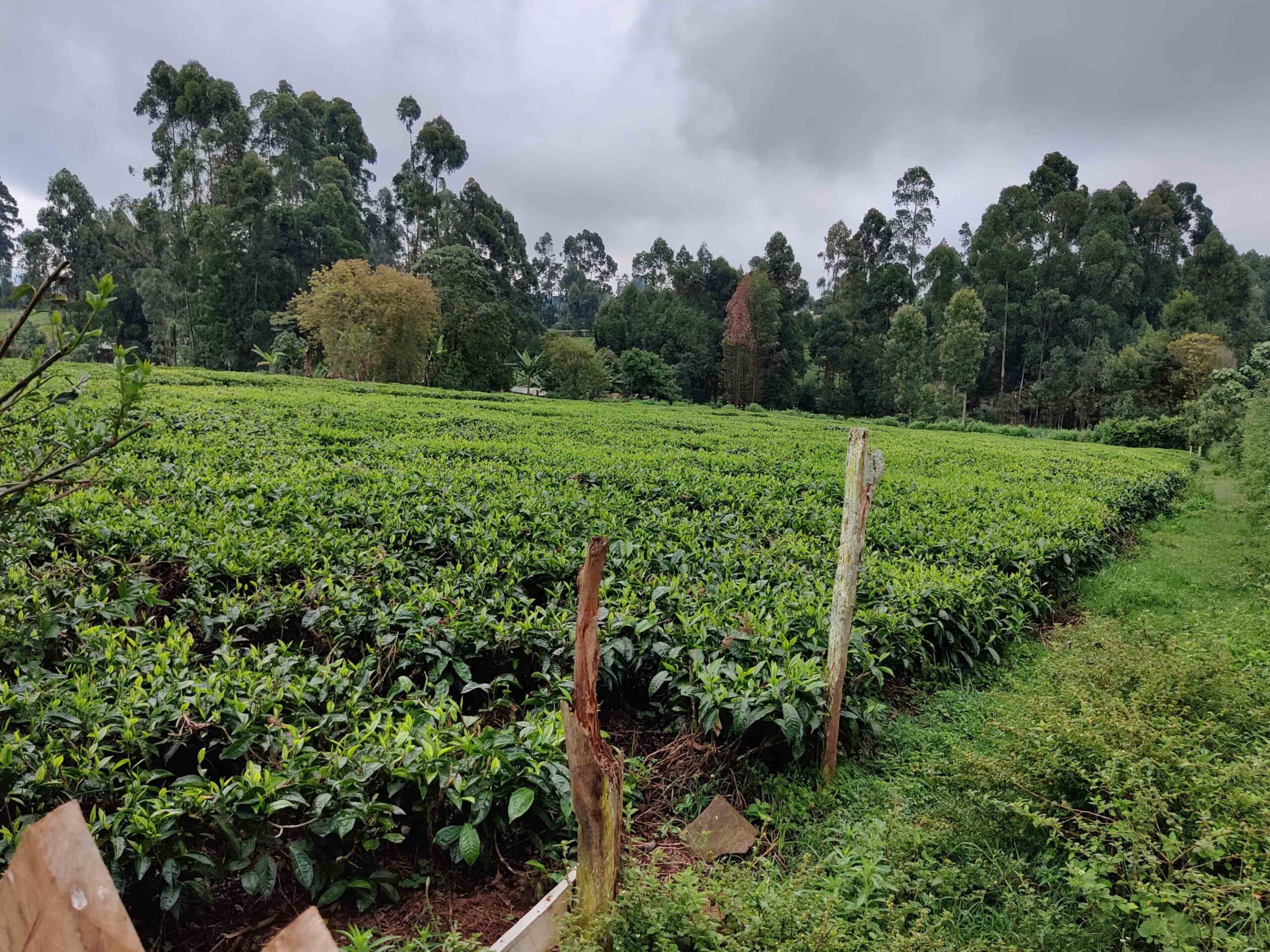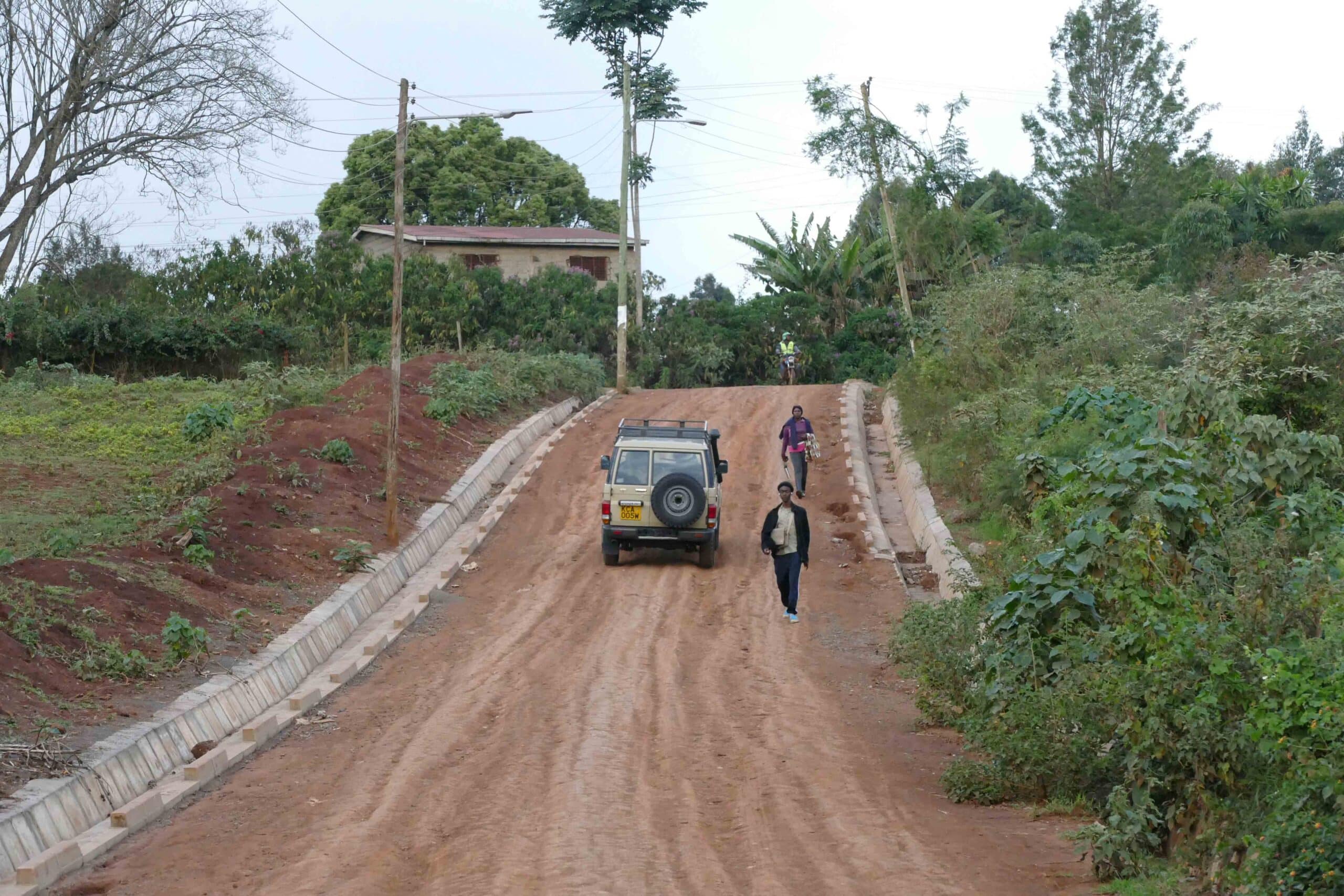Abstract
Non-cognitive skills such as locus of control (LOC) and self-efficacy have been theoretically shown to influence behavioural and economic decision-making. While this effect has been confirmed empirically, the factors that can induce change in non-cognitive skills are not yet fully understood. Examining exogenous variation in the spread of invasive species, this study investigates the association between an ecological shock and non-cognitive skills through a survey of smallholder households in Baringo county Kenya. The results show an adverse relationship between ecological shocks and LOC. Individuals are less likely to believe that they have control over outcomes in their lives when faced with shocks. The study also demonstrates a negative association of shocks with self-efficacy which is related to the perceived judgement of capability. In addition to robustness to alternative specifications and the inclusion of additional relevant controls, we establish that the results are unlikely to be driven by unobserved heterogeneity. We find further suggestive evidence indicating that ecological shocks lead to economic adversity, which may well explain reductions in individuals\’ perceptions of capability and the extent of convictions regarding control over their lives. Overall, ecological shocks diminish perceived LOC and self-efficacy, with associated policy implications for poverty reduction.
Tabe-Ojong, MP 2022, \’Ecological shocks and non-cognitive skills: Evidence from Kenya\’, Ecological Economics, vol. 194, no. 107330 DOI.






